
Introduction
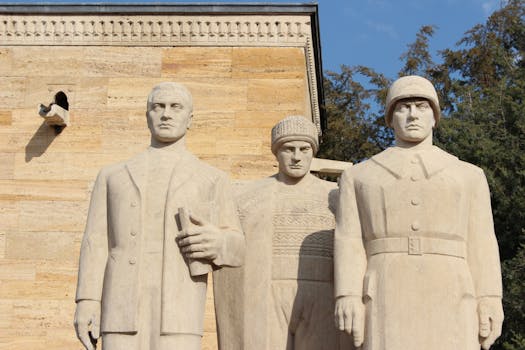
Throughout history, certain leaders have emerged not only as political heads or military commanders, but as pivotal figures who have shaped their nations and even the world. From centuries past to modern times, these influential leaders have been recognized for their visionary capabilities, unwavering resolve, and ability to effect change. This article will delve into the lives and legacies of some of the most influential global leaders in history.
Mahatma Gandhi
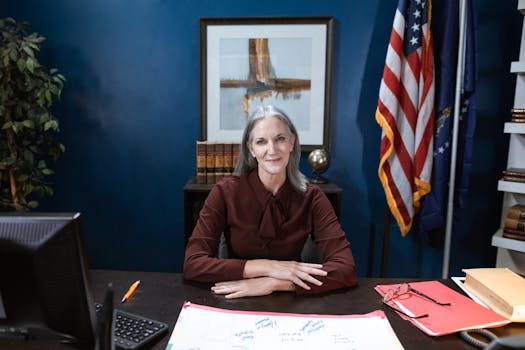
Mahatma Gandhi, the leader of the Indian independence movement against British rule, is often mentioned as one of history’s greatest advocates for non-violent civil disobedience. His philosophy of satyagraha, or passive resistance, inspired civil rights movements across the world. Gandhi’s techniques and beliefs about simplicity, self-reliance, and ethical living helped India achieve independence in 1947. His legacy continues to resonate today, influencing peaceful resistance movements globally.
Nelson Mandela
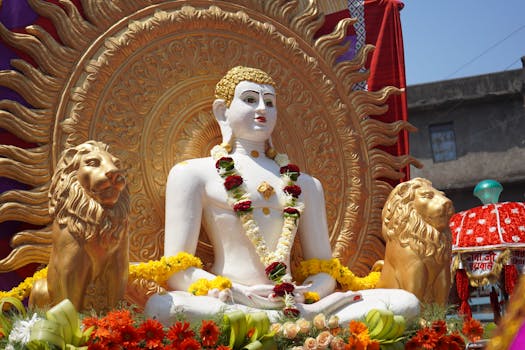
Nobel Peace Prize laureate Nelson Mandela is celebrated for his tireless effort towards ending apartheid in South Africa. After spending 27 years in prison for his anti-apartheid activities, Mandela emerged as a symbol of resistance to oppression. In 1994, he became South Africa’s first black president, promoting reconciliation between the country’s racial groups. His administration laid the foundations for South Africa’s democracy and advocated for human rights worldwide.
Winston Churchill
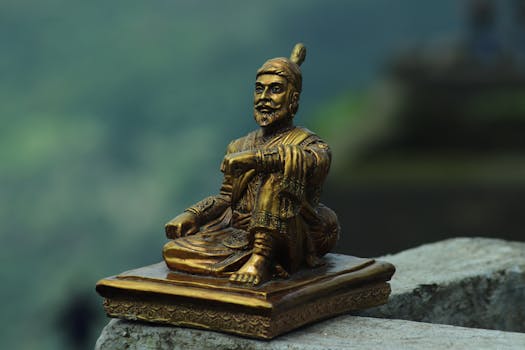
Winston Churchill, the British Prime Minister during World War II, is recognized for his leadership in confronting Nazi Germany. His stirring speeches and unwavering resolve galvanized not only Britain’s allies but the common citizen during one of history’s darkest times. Churchill’s ability to inspire a nation during crisis while fostering strong international alliances played a crucial role in the Allied victory in the war, forever cementing his legacy in world history.
Martin Luther King Jr.
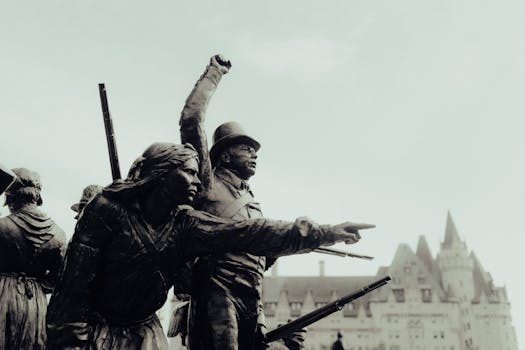
Martin Luther King Jr. was a key figure in the American civil rights movement, advocating for racial equality through his methods of nonviolence. He is renowned for his speech, “I Have a Dream,” where he envisioned a nation free from racial inequality. His leadership was central to advancing civil rights through protests, boycotts, and importantly, influencing legislation, including the Civil Rights Act of 1964 and the Voting Rights Act of 1965. King’s ideas and dedication to justice continue to inspire relentless pursuit of equality today.






